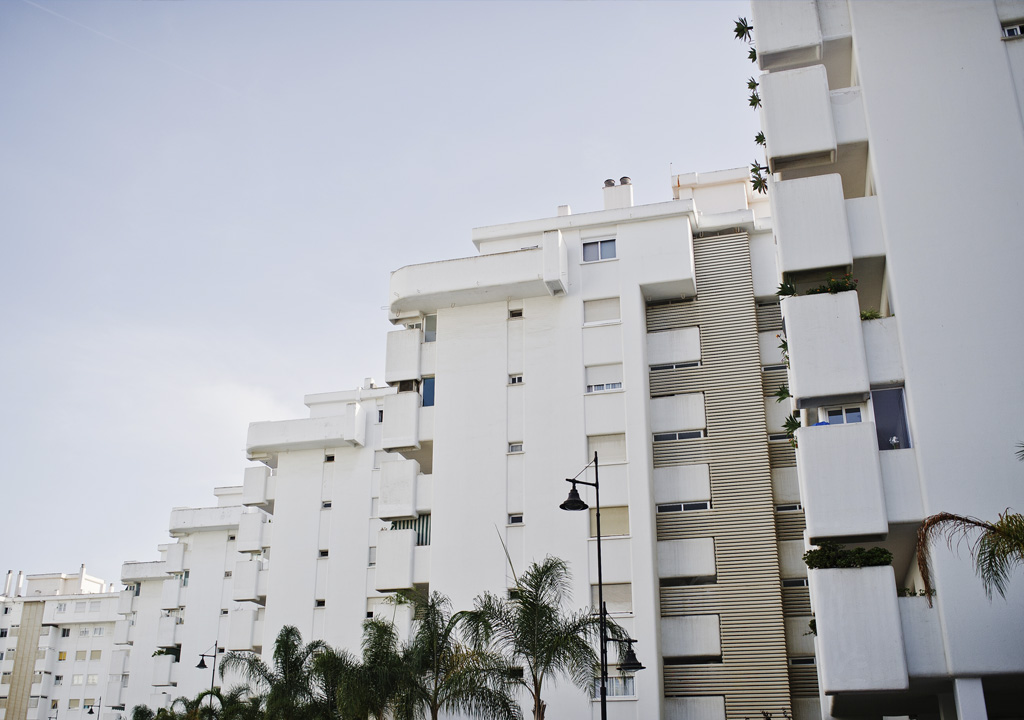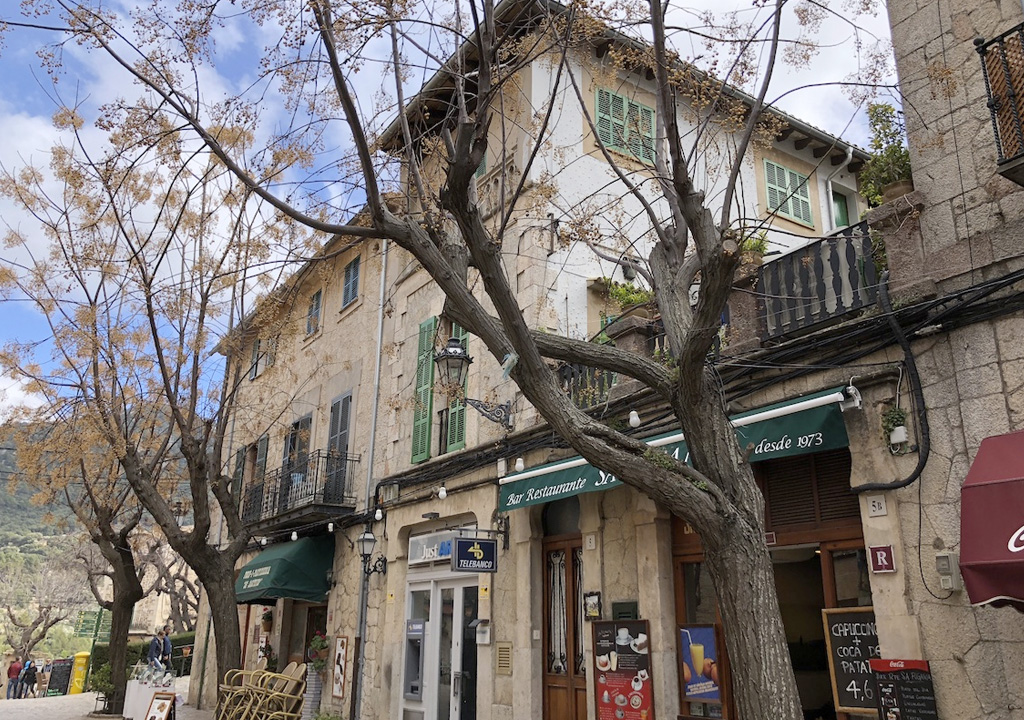Mortgages: Death and Divorce

On the topic of Mortgages there are two specific situations, Death and Divorce, which provoke regular enquires to Spanish Solicitors. Far from providing straight answers and simple solutions, the current regulation on mortgages in Spain doesn´t provide an answer for such scenarios.
Divorce and mortgage
In some other articles within these newsletters, it has been shown how remarkably formal the mortgage in Spain is, particularly, the fact that any mortgage agreement has to be signed before a Public Notary who witnesses and legalizes the document. The deeds are then registered and the taxes paid (these taxes are additional to the property transfer tax and the stamp duty).
The signing of a mortgage transaction involves a very important responsibility on the part of the debtor or mortgagee. The gravity and dimension of the mortgage agreement is not always fully conveyed to the debtors or mortgagees at the moment of signing and agreeing on the Mortgage.
The previous is quite visible in cases which see a couple divorce (or separates) and decide that one party will keep the property they co-own. In these cases it is normal that they approach a Spanish solicitor, for example, “to remove my wife (or husband) from the title deeds and the mortgage”, either because the spouses reached an agreement or due to a divorce ruling. However, if the property in Spain (second home/ plot of land/ parking space/ business premises or any other asset) is mortgaged resolving this issue is not as easy as it might appear. The bank holding the mortgage must agree to allow one of the borrowers to exit the agreement and be removed from the mortgage deeds.
The general principle behind this is simple: the change of debtor always requires the consent of the creditor.
The banks see matrimony as “double security” for repayment, and ordinarily, they would not agree to reduce that security by having only one mortgagee. Unless the person remaining bound by the mortgage has ample financial capability (and he or she is able to prove it) the bank will not accept one of the spouses being removed from the mortgage.
Furthermore, on the seldom occasions when a removal is agreed to, the borrowers should be aware that it will mean a refinance of the existing mortgage. The current mortgage will be cancelled and a fresh one drawn up with only one borrower. This also means Notary Public fees, Land Registry, and taxes.
Last, but not least, it is necessary to comment on an essential point pertaining to the mortgage liability. When agreeing on a mortgage in Spain, each of the borrowers becomes fully responsible for the total capital borrowed as they agree on the mortgage in Joint solidarity. When for instance a couple buys a property and take on a mortgage of €100,000 the bank can chase each of the individuals for €100,000 and not €50,000 each.
Likewise if there are four borrowers the bank can chase each of those individuals for the total so on and so forth. Obviously, the bank can only claim the capital lent (plus costs), so once the debt is repaid in full by one of the borrowers any actions to recover funds from the other parties must cease.
It is essential to be fully aware of this rule before agreeing to take on a mortgage, and even more so before considering stopping the monthly mortgage repayments whatever the reason may be. The bank can initiate the legal repossession process following the third monthly payment default and you could be at risk of losing your home/property.
There are not clear routes around the aforementioned rules. The steps to follow after a divorce or separation in which one of the parties keep the property and become responsible for the mortgage should be:
To keep on paying the mortgage throughout any discussions. Defaulting on the mortgage will mean Court action for repossession in Spain and under certain circumstances also in the UK.
To enter into discussions with the bank in Spain through a lawyer as soon as the divorce or separation is final and the parties have come to an agreement. In many cases, it is helpful to begin discussions with the bank prior to the finalization of the separation so as to smooth the way and speed up the process.
To make an offer to the bank (via the solicitor in Spain) proposing a refinance, displaying the financial information and liabilities of the individual intending to take over the sole responsibility of the mortgage.
If the discussions are fruitless, there will be no other remedy but changing the ownership, so only one of the spouses is the owner of the property and this one carries on paying the mortgage every month. The other party will remain on the mortgage deeds and as a responsible party.
Death of the mortgagee or guarantor
The other situation involving a mortgage and which provokes issues is that in which one of the co-owners and borrowers dies. In these cases, the beneficiary of the deceased estate will take their share of property as inheritance including the mortgage and will become completely liable for its payments (from the date of death).
It also happens that, contrary to popular belief, the outstanding capital of the mortgage does not count towards reducing the inheritance tax. i.e.: If a property has a value of €100,000 for tax purposes and is charged with a mortgage of €30,000 the inheritance tax will be calculated on €100,000 and not only on €70,000.
However, according to the general principle in Spain, it is possible to avoid become liable of the mortgage of an inherited property in two ways:
a) By inheriting only the net balance of an estate (i.e. the value of the assets discounted their liabilities). This will require a specific request to the executor dealing with the estate; or,
b) As the inheritance is a right, not a duty or obligation, any potential beneficiary of an estate (or part of it) can reject the inheritance he or she is entitled to it by way of a will or the applicable Law. In this case, this inheritor will not gain any assets nor be liable for the mortgage and any costs related to the inheritance.
The position of the guarantor in a mortgage is also worth mentioning since it is a common function in a mortgage agreement. A guarantor is a person (or entity) that signs the mortgage agreement accepting the full responsibility of paying the mortgage liabilities in case the borrower, for whatever reason, defaults on the mortgage. The guarantor figure in a mortgage contract is quite common with friends or relatives ensuring extra security to the lender.
In case of the death of the borrower, the liabilities of the mortgage go to the beneficiaries, not to the guarantor. Only if or when those beneficiaries reject the inheritance (through any of the ways previously explained) the bank can claim the debt from the guarantor, who will become fully responsible.
An important, yet widely unknown, point is that the condition of the guarantor is inheritable. When a person who is a guarantor in a mortgage dies, this personal guarantee is taken as a liability by his or her estate, and as such will be transmitted to his inheritors.
Life insurance
A fairly easy way to avoid the troubles described above following a death is to take out life insurance cover from the outset of the mortgage. Most Spanish banks require that the borrower has a life insurance policy in place, obviously in the event of his/her death with the bank is named the beneficiary of the policy: in return for a yearly premium, an Insurer (usually of the bank´s group of companies) will repay the outstanding capital at the moment of the borrower´s death.
In this regard it is important to be fully aware of the following points:
One of the conditions set out by the insurance company (often hidden in the small print) is that the cover will be valid only while the mortgage is regularly and punctually paid. A default in the mortgage, even of one month, may automatically cancel the insurance agreement and cover.
Even if the bank will try to impose the insurer of its choice, the borrowers can choose any other insurer, providing it is a fully registered and licensed entity and it provides the full cover in case of death.
In Spain all the agreements and life insurance policies must be registered in a public office of the Ministry of Banking and Financial Affairs, and with full details of the insurer and the terms and conditions of the policy. One of the first steps that a potential inheritor of a property with a mortgage must carry out is a check to see whether there is a policy in place and then make a claim.
As it is very common for married couples to purchase property in joint names. Those spouses must understand the intricacies of the insurance agreements in Spain (which differ greatly from those based in Anglo Saxon Law). One of these particularities is that an insurance policy cannot be taken out by a couple, only by a named individual – one person. So in the common case of couples acquiring a property via a mortgage, it is necessary to take out two policies covering the reciprocal demise of those involved.











